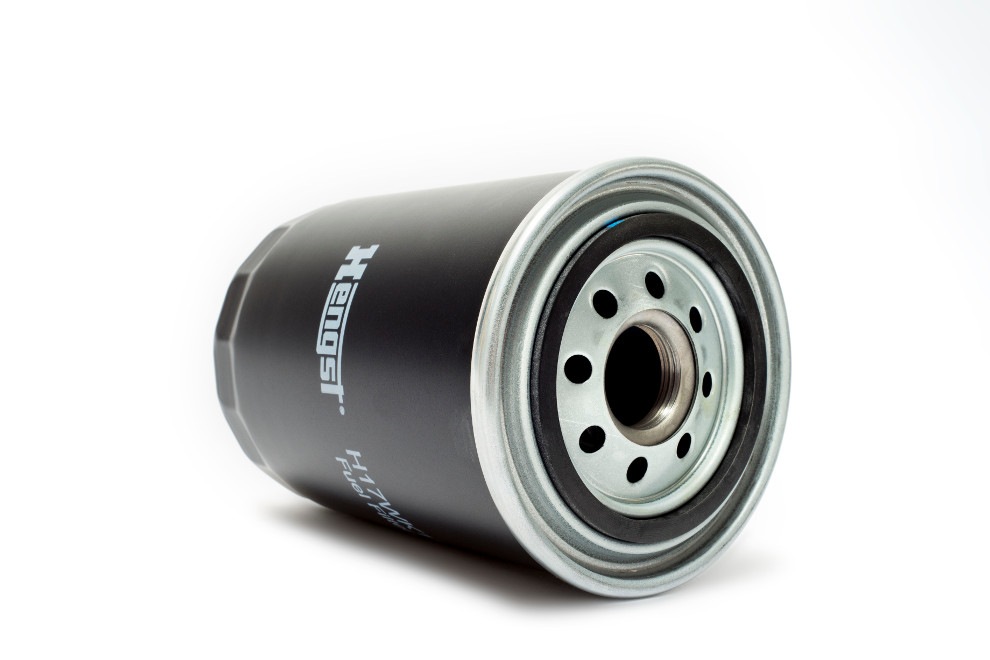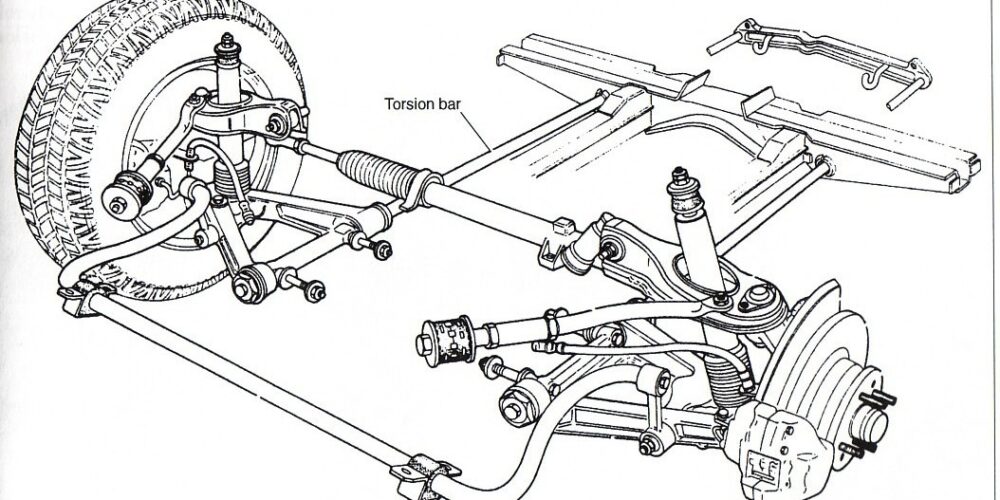How Often to Replace the Fuel Filter – Expert Recommendations
Periodic replacement of filters in a car is essential for maintaining the vehicle’s efficiency. The fuel filter keeps the fuel delivered to the engine clean. Like all other filters, it wears out over time, which can prevent it from functioning properly. How often should the fuel filter be replaced to maintain the full efficiency of the fuel system, and why is it an important service activity?

Why is Replacing the Fuel Filter so Important?
Fuel is exposed to contamination that can occur during production and distribution processes. Solid particles, such as sand, as well as water, can be present in the fuel and could be delivered to the engine along with it. The fuel filter is responsible for separating these contaminants during the transfer from the tank to the combustion chamber. Therefore, drivers may wonder how often fuel filter replacement should be carried out to maintain the full efficiency of the fuel system and protect the engine from unwanted elements.
There is no universal answer to how often to replace the fuel filter. This is due to various factors, including the different rates of filter wear in cars with gasoline and diesel engines and the quality of fuel at different stations. However, there are guidelines that can help determine the optimal time for replacement.
Fuel Filter Replacement – How Often Should it be Done?
Depending on the type of engine installed in the car, different replacement intervals are recommended, ranging from 15,000 to even 60,000 kilometers, and sometimes even more. For indirect injection gasoline engines, replacement is relatively infrequent – usually after about 30,000 to 50,000 kilometers. For direct injection gasoline engines, it is typically between 20,000 and 30,000 kilometers.
How often to replace the fuel filter in diesel? Due to being powered by diesel fuel, diesel engines require more frequent replacements – every 15,000 to 20,000 kilometers. However, experts recommend replacing the fuel filter in diesels every 10,000 kilometers as a good practice. Some also suggest shortening the replacement interval to 10,000-15,000 kilometers for gasoline cars with direct injection.
Symptoms of a Clogged Fuel Filter
Although regular replacement of the fuel filter according to expert recommendations should ensure the efficient operation of the fuel system, typical symptoms of a clogged fuel filter should not be ignored. If observed, it’s best to replace the filter immediately, which can prevent higher service and repair costs.
Symptoms of a clogged fuel filter may include:
- Difficulty starting the engine,
- Uneven engine running, sometimes stalling at idle,
- Jerking felt during acceleration,
- Increased fuel consumption,
- Noticeable smell of fuel,
- Smoke coming out of the exhaust pipe.








